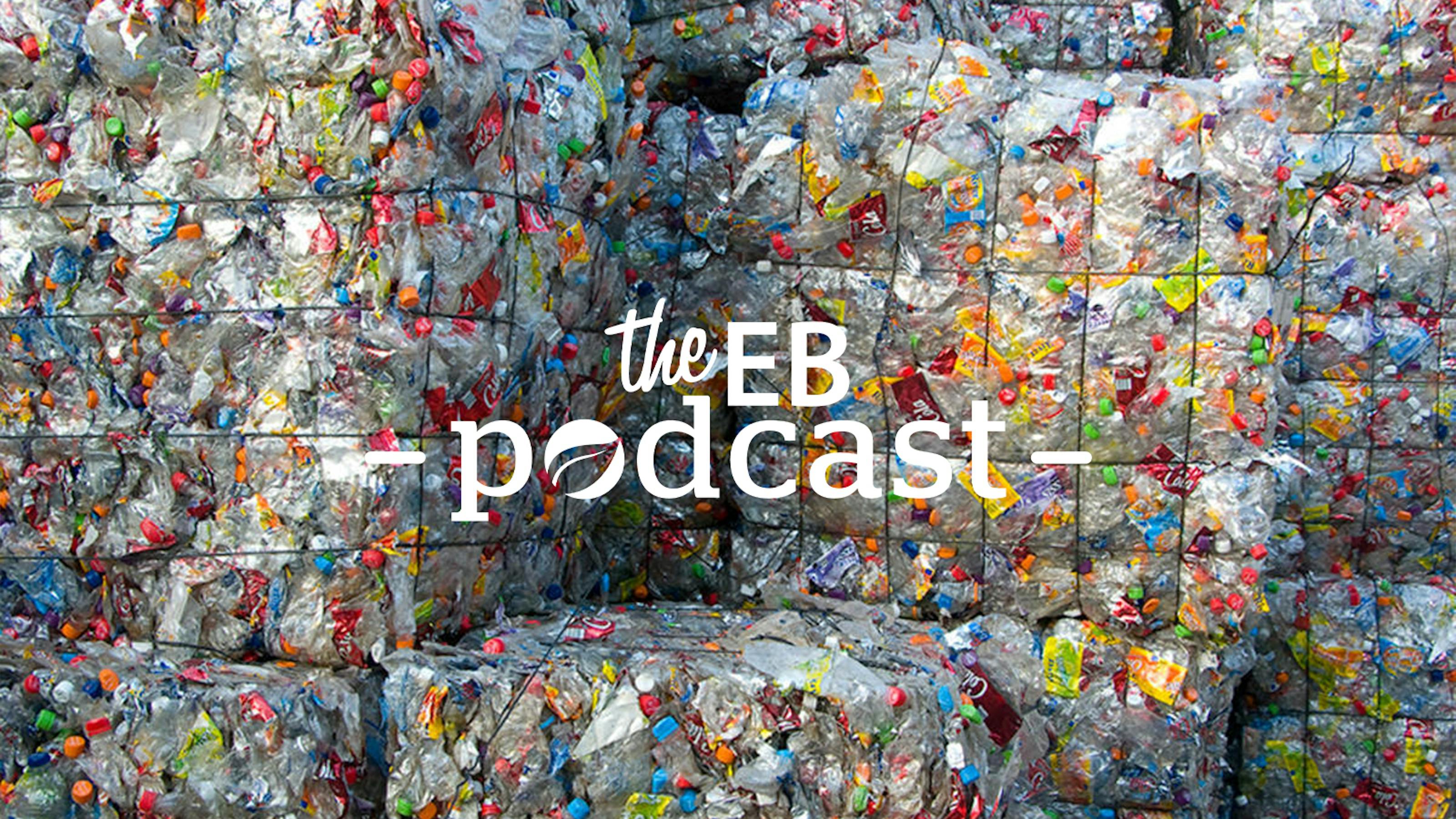Only 9 per cent of the billions of tonnes of plastic produced is recycled. The rest is either landfilled, incinerated or becomes waste that eventually leaks into the ocean.
The business of recycling plastic is growing as consumer goods companies are under pressure to use more recycled content in their products and packaging, but it is not without challenges.
The price of recycled plastic compared to virgin plastic has soared over the last year or so, putting many recyclers in Asia out of business. Meanwhile, reports have emerged that factories have been mixing virgin plastic with recycled plastic, and selling it as 100 per cent post-consumer material.
Certification could help the ailing plastic recycling industry. But it is itself not without challenges. A recent report by civic society group The Circulate Initiative concluded that certification schemes often lack transparency, traceability and overlook key issues such as carbon reduction and climate, and the wellbeing of waste pickers.

Ryan Schoenike, co-founder and president, OceanCycle
Joining the Eco-Business Podcast to talk about certifying the circular economy of plastic is Ryan Schoenike, co-founder and president of Washington DC-based OceanCycle, a social enterprise that sources and certifies ocean-bound plastic for corporates to use in their products and packaging.
Tune in as we talk about:
- Are consumer goods firms living up to their commitments?
- Where are the weak links in the plastic recycling chain?
- The impact of Covid on recyclers in Asia
- What is meant by “ocean plastic”?
- The future of plastic, recycling and the oceans




















